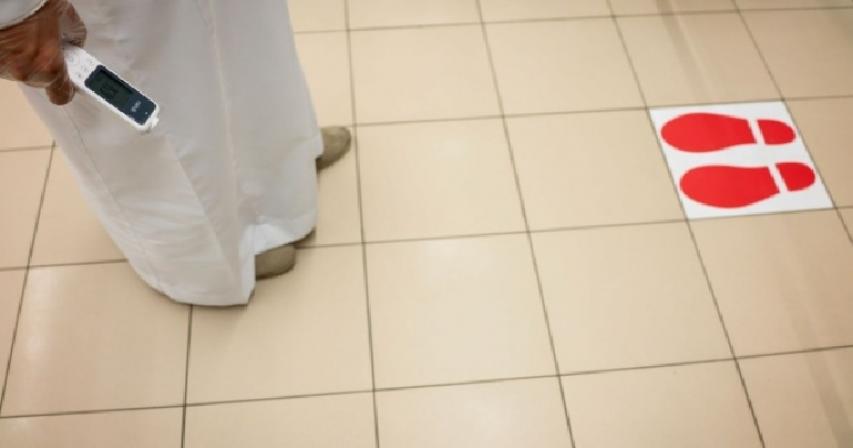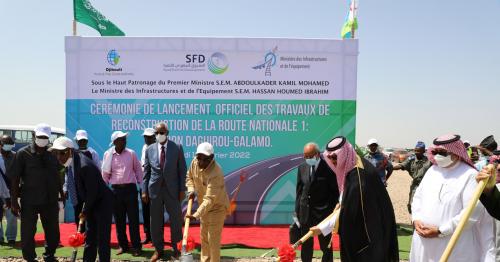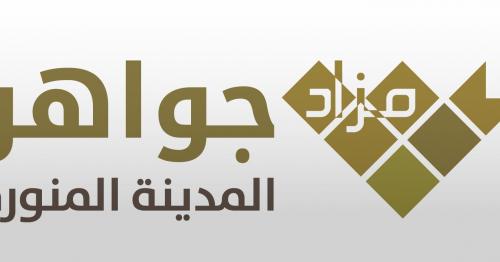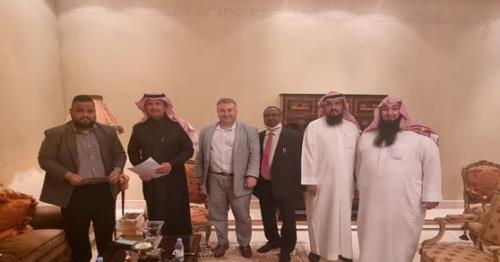Saudis Wonder If Virus Will End Another Custom in the Kingdom

As the call to noon prayer sounded at a shopping mall in Riyadh, a woman was having her temperature checked as she walked into a boutique. Another was sniffing the perfume that a salesman had just sprayed on her wrist. A man pushed his trolley into a supermarket.
The monotone of the muezzin beckoning Muslims to worship five times a day is usually accompanied by a rush to close stores. But in the time of coronavirus and government curfews, another hallmark of Saudi life appears to have been dispensed with. Some locals now hope the change will become part of the massive social overhaul they’ve experienced since Crown Prince Mohammed bin Salman became their de facto leader in 2017.
Before the pandemic, most shops, pharmacies and gas stations in the kingdom halted for at least 30 minutes for each prayer session, the only country that enforced such closures. Until a few years ago, the religious police checked to make sure everyone complied.
With Saudis free to move only from 9 a.m. to 5 p.m., many businesses have decided to remain open during prayer time to make the most of the hours. Those with only one employee close briefly to allow that person to pray.
“It makes business sense,” Iman Abdullah, 40, who manages a cosmetics store, said a couple of minutes before noon prayers on a quiet day this week during Ramadan. “So far, no one has objected to us remaining open. People want to finish their business before curfew.”
The government has ended a ban on driving for women, allowed music and entertainment and lifted restrictions on both sexes mingling in public. There was no decree—but a lot of debate—on ending closures at prayer time, one of the five main pillars of Islam.






Comments